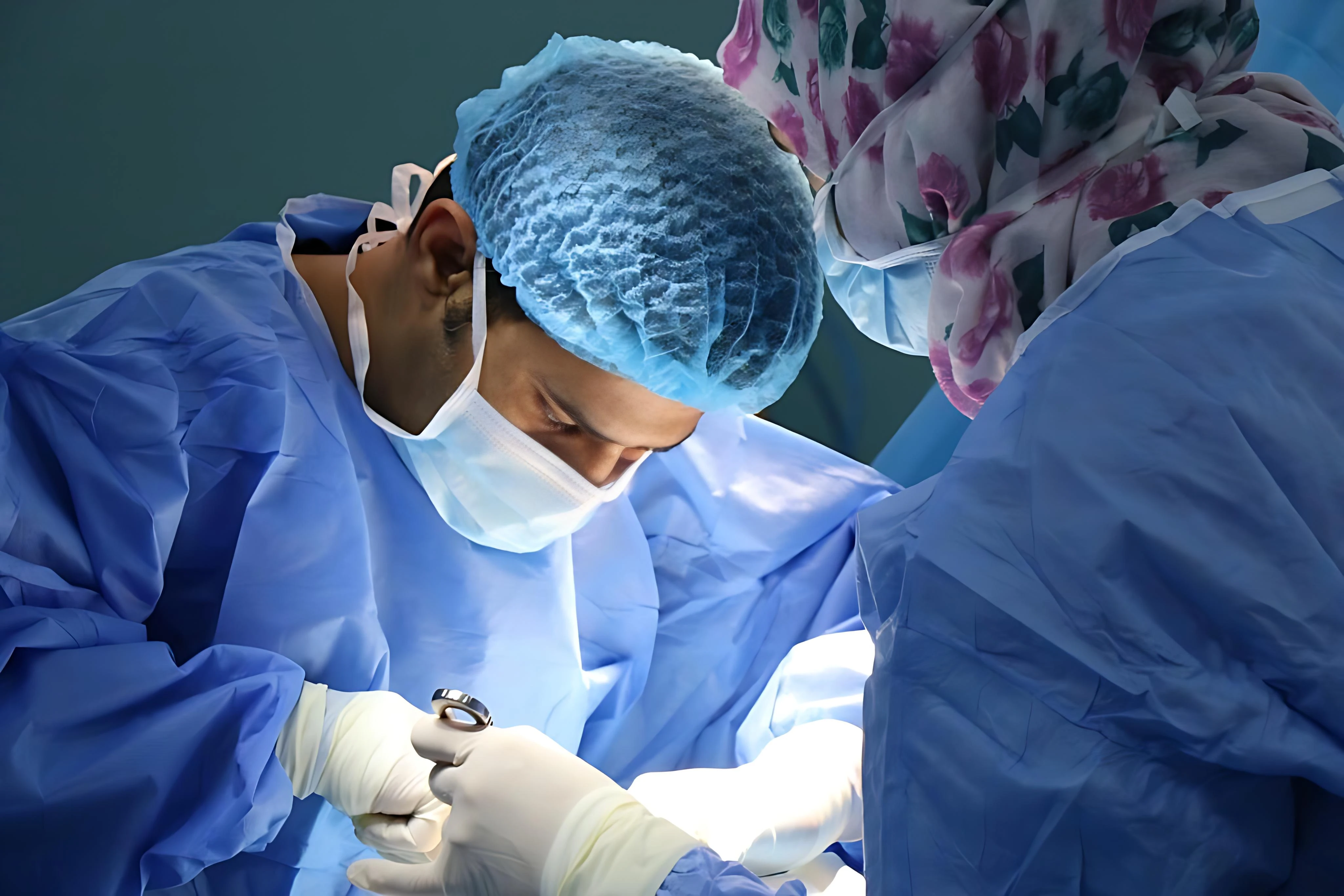Washington: Researchers at Georgetown University and MedStar Health have developed a blood test that uses cell-free DNA (cfDNA) to detect early complications after liver transplants. The study, published in Nature Communications, showed that changes in DNA methylation patterns in a single blood sample can reveal cellular damage and pinpoint its origin.
The technique offers a less invasive and potentially more accurate alternative to liver biopsies, which remain the standard for diagnosing post-transplant injury. Over seven years, scientists analyzed 130 blood samples from 44 patients, matching cfDNA fragments to a cell-type-specific atlas of 476 DNA methylomes.
The method detected sustained elevation of hepatocyte and biliary epithelial cfDNA within the first month post-surgery, a strong marker of allograft injury. “We can now identify which tissues are being damaged and tailor treatments accordingly,” said co-senior author Dr. Anton Wellstein.
The technology improves monitoring and may reduce the need for expensive scans and biopsies. The transplant surgeon and co-author, Dr. Alexander Kroemer, noted the test’s potential to personalise care and catch issues earlier. He said biopsies are prone to sampling errors, while cfDNA reflects broader tissue health.
Georgetown has filed patents and is exploring the use of this technology in other transplants and cancer treatments. The team is now seeking industry partners to bring the innovation into clinical use.








